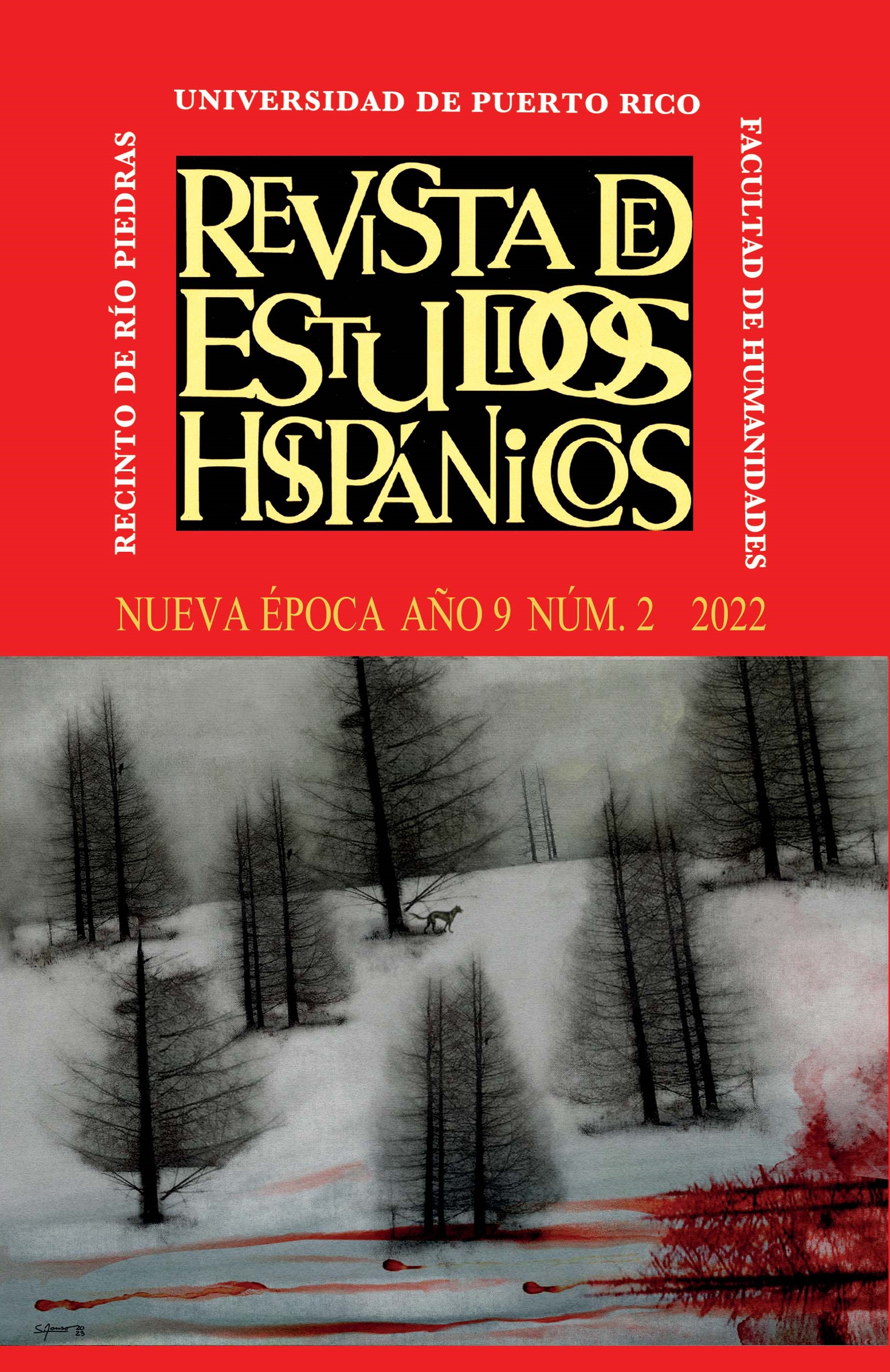Abstract
Against the background of feminist struggles for sexual and reproductive rights in contemporary Argentina, Sebastián Schindel's The Crimes That Bind turns to legal thriller to question the role of the justice system in cases of gender-based violence and infanticide. Exploring the social aspect of this filmic narration, the movie, whose protagonists are three mothers, exposes the multiple oppressions —based on gender, social class, and race— that remain hidden within family structures. Starting with an analysis of the mortiferous effects of neoliberal familism (Segato, Brown, Cooper, Gago), the current article examines how, by means of suspense and melodrama, the feminist discourse that structures the movie ends up supporting the mystique of sacrificial motherhood, while it proposes new kinship structures within a racially divided social system.

This work is licensed under a Creative Commons Attribution-NonCommercial 4.0 International License.

